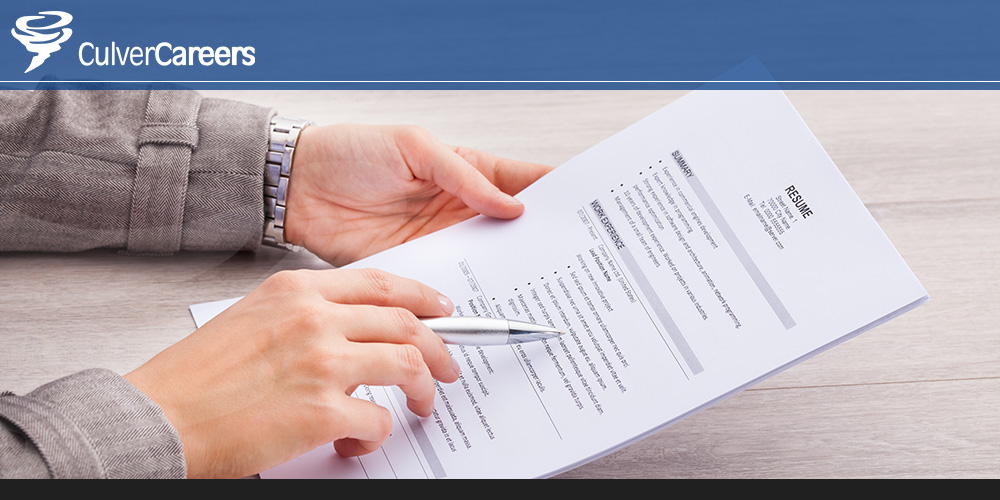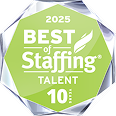At the end of every job interview, the interviewer will ask you whether you have any questions. This is a great opportunity to show you’re intelligent, informed, engaged and interested. Ask at least two questions to demonstrate you’ve done some research and thoughtful contemplation. In fact, not asking any questions is a red flag to most companies and shows you’re passive or apathetic.
It’s also a great chance for you to confirm this company is the right fit for you. You want to make sure your goals are aligned and you’d both be happy with this match.
Show you’re thinking ahead.
Ask about your typical day and how you’ll be trained. Show them you’re ready to prepare by asking about your biggest challenges in the role and what expectations they’d have for your performance in the first six months. Find out what your most immediate projects would be and who you’d report to.
Eliminate their doubts.
Find a way to discuss strengths and accomplishments you haven’t had a chance to mention yet. Ask what their ideal candidate looks like and what attributes a successful person in this role might possess. And show you’re confident and interested in self-improvement by asking whether they have any concerns or hesitations about you.
Uncover red flags.
Ask about company culture and the team you’d be working with. You might even get to meet them. This is a great chance to determine whether you’d fit in and gauge whether the company prioritizes employee happiness. Ask about the person you’d replace. Was she promoted or did she leave, and if so, why? What does success look like here?
See the future.
Ask what the company will look like in five years. This shows thoughtfulness and lays out the company’s goals and potential opportunities for growth for you. Ask about professional development, promotions and rewards to show you’re ambitious and motivated.
Build a relationship.
Without getting too personal, ask your interviewer about his history with the company. What does he like most about working there? What did he do before, and what are his professional goals for the future?
Wrap it up.
Finally, ask about the hiring timeline and the next steps in the process. Ask if there’s anything else you can provide that would be useful for them.
As you rattle off questions, be mindful of the time and the responsiveness of the interviewer. Don’t ask questions just for the sake of asking questions. If he starts to glance at his watch, cut yourself off so he doesn’t feel like you’re wasting his time.
And remember there are certain things you should never ask. Don’t ask about things you should already or which you can easily find with a bit of research. And don’t ask about salary or benefits until the topic has been brought up to you.
For more tips on the interview process,contact us today!






